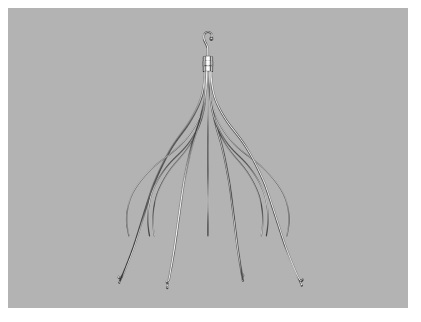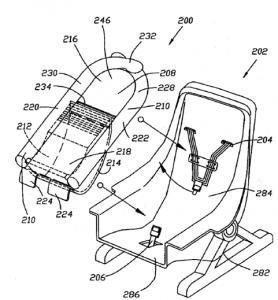Syndicate Sales Inc., an Indiana corporation, along with six other Defendants filed notice to remove a case initially filed in the Superior Court of California, County of Los Angeles by Plaintiff, Natural Pack, Inc. (“Natural Pack”). Defendants sought to remove the case to the United States District Court for the Central District of California pursuant to 28 U.S.C. §§ 1331, 1337, and 1441 for federal question and diversity jurisdiction.
The removed case is a civil action entitled Natural Pack, Inc. v. Syndicate Sales, Inc. et al. Case No 19TSCV32476 (the “State Action”). Natural Pack filed the State Action on September 12, 2019, asserting claims for violation of Uniform Trade Secrets Act, fraud, negligent misrepresentation, breach of contract, intentional interference with prospective economic relations, negligence, violation of the Lanham Act, and California Statutory and common law infringement. Following removal to the Central District of California, the Defendants filed a Motion to Dismiss under F.R.C.P. 12(b)(2) or in the alternative to Change Venue pursuant to 28 U.S.C. § 1401. The case was transferred to the Southern District of Indiana on January 21, 2020.
The Original Notice of Removal was filed October 15, 2019 in the Central District of California; and the case was transferred to the Southern District of Indiana on January 21, 2020 given Case No. 1:20-cv-00219-JRS-DLP and assigned to District Judge James R. Sweeney and Magistrate Judge Doris L. Pryor.












